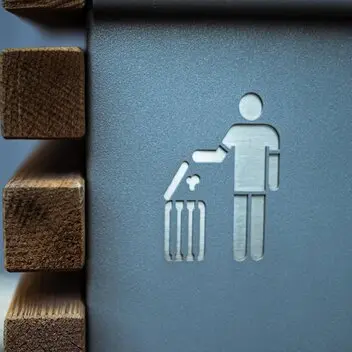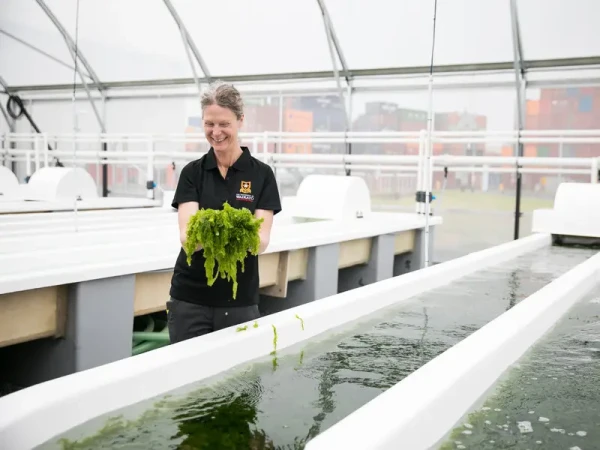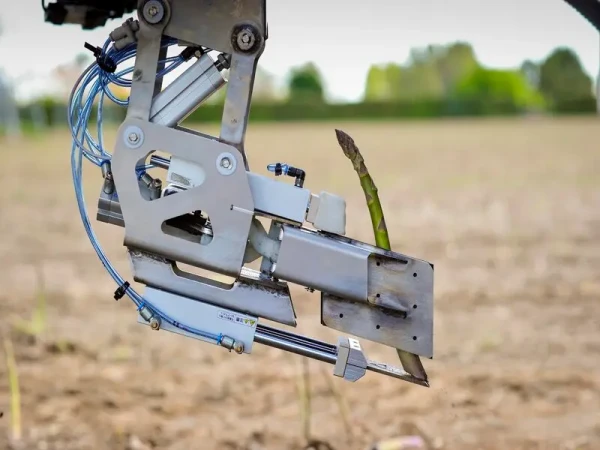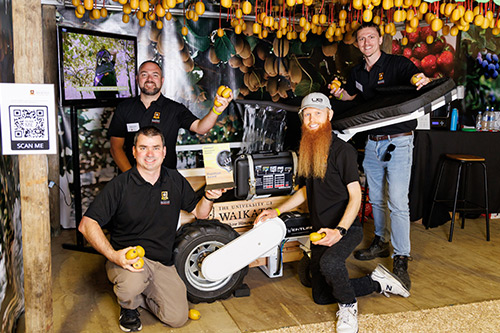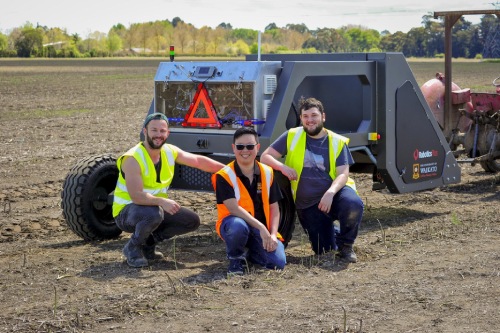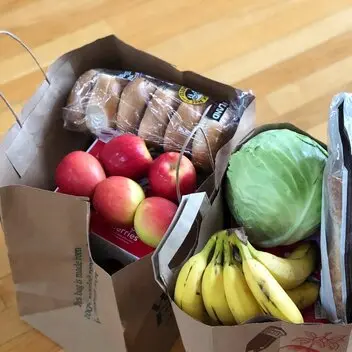
Staff and students experiencing food insecurity during tough times have access to a range of support services.
Through the Waikato Students' Union (WSU), students at the Hamilton campus can access free grocery packs from the Kai Cupboard.
The Hamilton campus is also home to a community garden, run by members of the Free Food Club. This club is open to students, staff, and members of the public. Members who maintain the garden can harvest produce for themselves as they need it. Produce from the garden can also be used to make homemade soups, free for members of the Free Food Club.
At our Tauranga campus, staff and students benefit from a weekly supply of surplus food donated by businesses from around the region, courtesy of Good Neighbour.


